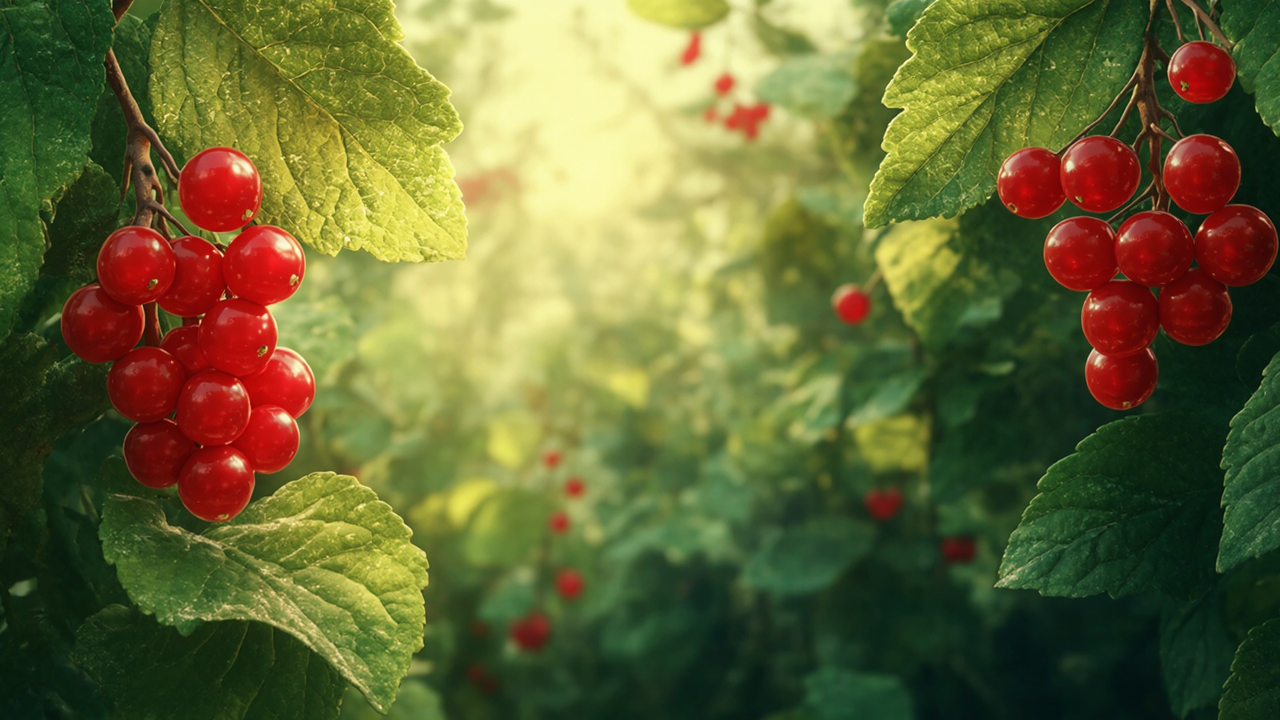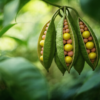Schisandra Chinensis Plant: A Complete Guide to the Five-Flavor Fruit
Do you want to expand your knowledge of the healthiest plants? Enter the Schisandra chinensis plant, also known as the “five-flavor fruit.” With a rich history, nourishing benefits, and versatile nature, this remarkable plant deserves a spot in your daily life. This guide explores everything about Schisandra chinensis, from its origin to its uses.
Introduction
Have you ever imagined a single fruit encompassing all five tastes? Meet Schisandra chinensis, nature’s flavor bomb, combining sweetness, sourness, saltiness, bitterness, and umami. But this plant isn’t just about taste. For centuries, it has been a cornerstone of traditional Chinese medicine, celebrated for its numerous health benefits. Let’s dive into why this small berry has gained global attention.
What Does Schisandra Chinensis Mean?
The Past and How It Began
Known as the Magnolia vine, Schisandra chinensis originates from the forests of China, Russia, and Korea. For over 2,000 years, its berries have been cherished in traditional medicine for their adaptogenic and healing properties. In Chinese, it’s called Wu Wei Zi, meaning “five-flavor fruit,” a nod to its unique taste profile.
How Unique Are These Characteristics?
What sets Schisandra apart? This woody vine can grow up to 30 feet long and is packed with lignans, antioxidants, and vitamins. Each berry offers a delightful mix of sweet, salty, bitter, tart, and umami flavors.
Schisandra Chinensis Health Benefits
1. Improving the Immune System
Rich in antioxidants, Schisandra berries combat free radicals and strengthen your immune system. Regular consumption helps prevent illnesses and supports faster recovery from infections.
2. Maintaining Liver Health
Schisandra is hepatoprotective, meaning it supports liver health by aiding detoxification, enhancing liver function, and repairing damage caused by toxins or alcohol.
3. Getting a Clear Mind
Feeling foggy? Schisandra is known to enhance focus, memory, and cognitive function. As an adaptogen, it helps your brain manage stress, keeping you sharp and clear-headed.
4. Coping with Stress
Schisandra is a natural adaptogen, helping your body withstand physical, emotional, and environmental stress. Think of it as nature’s Xanax – calming yet effective.
Growing Schisandra Chinensis at Home
Where to Plant It in Your Yard
Schisandra thrives in cool, shady areas, though it benefits from partial sunlight for fruiting.
Soil Requirements
Opt for slightly acidic soil rich in organic matter with good drainage to keep the roots healthy.
Sunlight and Temperature
Schisandra prefers USDA Zones 4-7 and grows best with a mix of shade and direct sunlight.
Planting Techniques and Propagation Procedures
You can grow Schisandra from seeds, cuttings, or transplants. Seeds require stratification (chilling before planting). For beginners, starting with nursery plants is a great option.
Taking Care of Your Schisandra Plant
Watering and Fertilizing
Maintain consistent moisture without waterlogging the roots. Use organic mulch to retain soil moisture, and apply organic fertilizers during the growing season.
Pest and Disease Management
Schisandra is relatively low-maintenance but can be affected by aphids and fungal infections. Regular pruning and ensuring good air circulation will prevent these issues.
Using Schisandra Chinensis in Daily Life
Culinary Applications
Schisandra berries can be dried and used to make teas, jams, and desserts. Their tangy taste adds a unique twist to recipes.
Herbal Teas and Tinctures
One of the most popular uses is in teas and tinctures. Boil dried berries or use tinctures for concentrated health benefits.
Skincare and Beauty Benefits
Schisandra is a powerhouse for skincare, offering antioxidant properties that improve skin firmness, reduce redness, and combat aging.
Side Effects and Precautions
While Schisandra is generally safe, consult your doctor if you are pregnant, nursing, or on medication. Overuse may cause indigestion or skin rashes, so consume in moderation.
Conclusion
Schisandra chinensis is a versatile plant with numerous benefits. From its delightful flavor profile to its health-boosting and skincare properties, this herb is a true gem. Why not give it a try?
FAQs
What are the uses of Schisandra chinensis?
It boosts immunity, supports liver health, enhances mental clarity, and helps manage stress.
Can Schisandra grow at home?
Absolutely! Provide cool shade, nutritious soil, and consistent moisture, and you’re good to go.
How do I use Schisandra berries?
Use them to make teas, tinctures, jams, or even skincare products.
Does consuming Schisandra have side effects?
In moderation, it’s safe. Overuse may cause mild stomach upset or rashes.
Where can I purchase Schisandra berries?
Dried berries are available at health food stores, herbal shops, and online retailers specializing in natural products.














Add comment